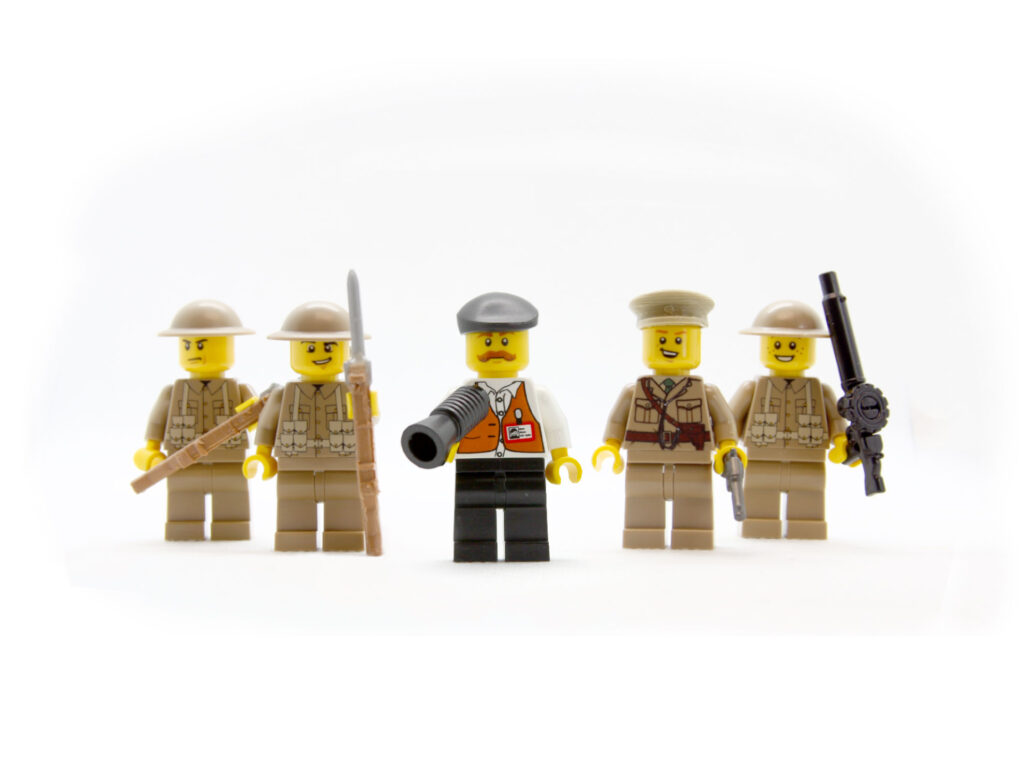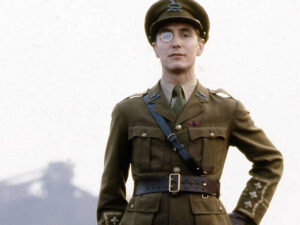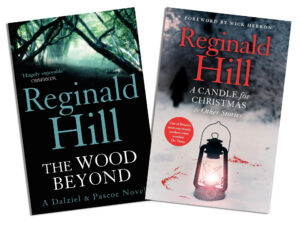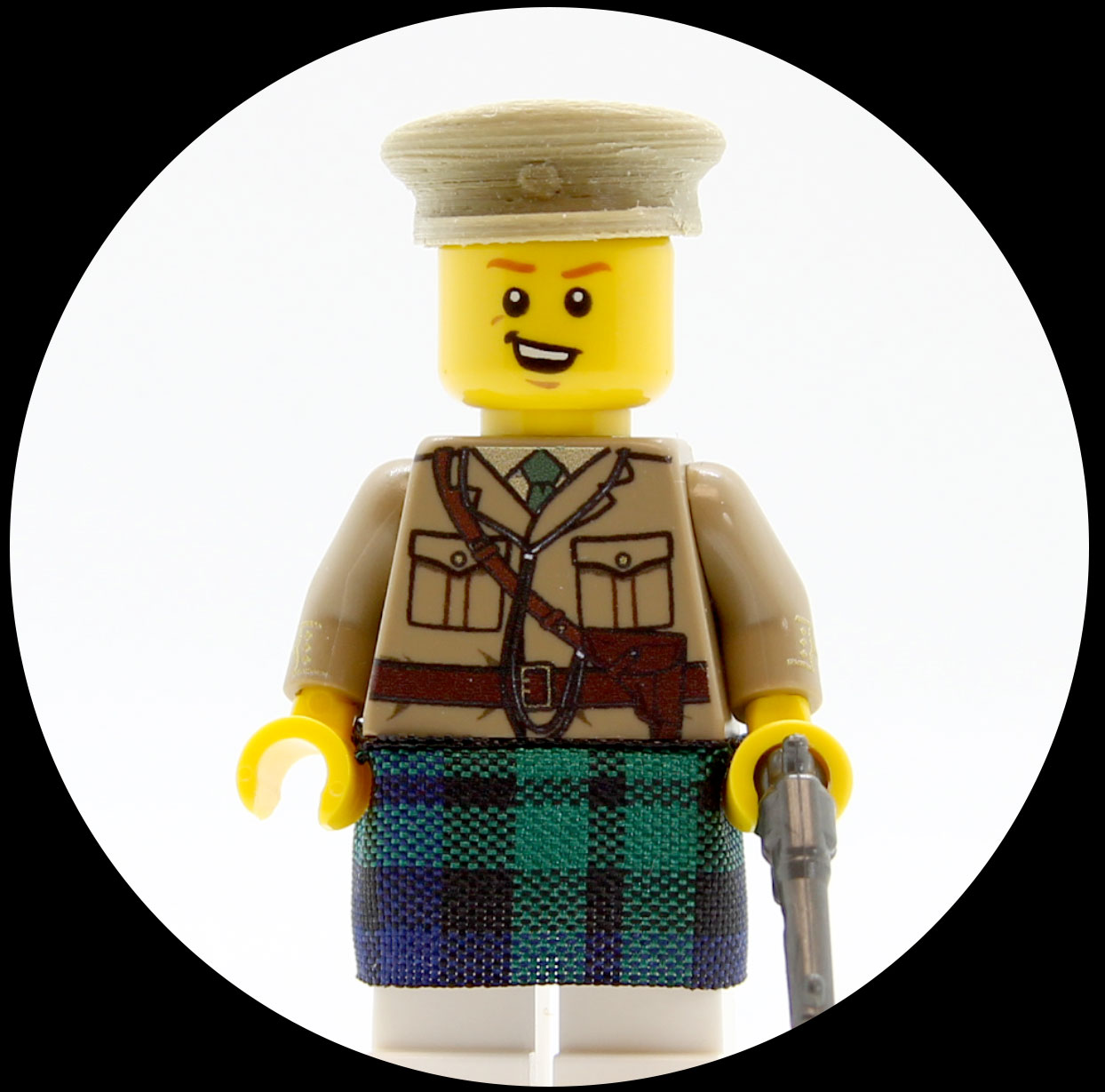What makes a First World War film ‘obscure’?
This month Chris, Angus and Jessica discuss some lesser-known films set during the First World War.
Along the way, we consider national stereotypes, the dangers of a Dawn Patrol drinking game, the brilliance of Basil Rathbone, the role of the individual in wartime and the greatest honour a French officer can bestow on a British serviceman.
.
References
The Big Parade (1925)
A Better ‘Ole (1926)
Wings (1927)
Dawn Patrol (1938)
The Life and Death of Colonel Blimp (1943)
Le Roi de Coeur (King of Hearts) (1966)
In Which We Serve (1942)
Casablanca (1942)
‘Goodbyeee’ – Blackadder Goes Forth (1989)
Evelyn Waugh, Scoop (1938)
Bruce Bairnsfather
Oh! What a Lovely War (1969)
Soviet Soldiers Dancing (Twitter: @communistbops)
R.C. Sherriff, Journey’s End (1928)
Rosa Maria Bracco, Merchants of Hope: British Middlebrow Writers and the First World War (Berg, 1993)
The Right Stuff (1993)
Charles M. Schultz, Peanuts
The Battle of Somme (1916)
William Shakespeare, Two Noble Kinsmen
Geoffrey Chaucer, ‘The Knight’s Tale’, The Canterbury Tales
Pearl Harbour (2001)
Saving Private Ryan (1998)
Downton Abbey (2010-2015)
Ilana Bet-El, Conscripts: Forgotten Men of the First World War (The History Press, 1999)
Stephen Badsey, ‘Battle of the Somme: British War Propaganda’, Historical Journal of Film, Radio and Television , Volume 2, Number 2, 1984.
La Grande Illusion (1937)
The Prisoner (1967)
Twitter: @OWALPodcast






